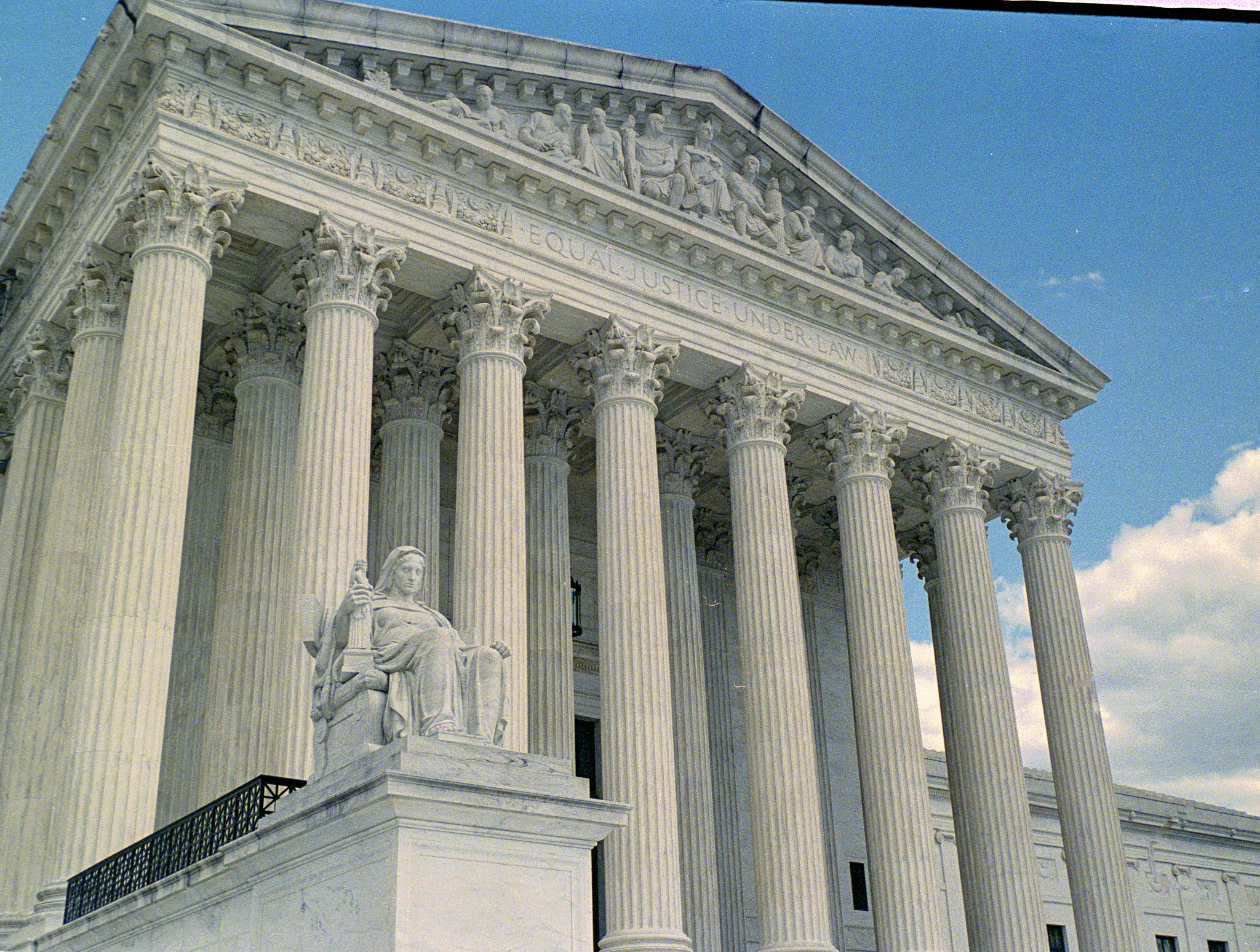NoDoes this make all bureaucratic edicts void now?
ETA: it might make many legally vulnerable though.
If you enjoy the forum please consider supporting it by signing up for a NES Membership The benefits pay for the membership many times over.
Be sure to enter the NES/Pioneer Valley Arms February Giveaway ***Smith & Wesson SD9VE 9MM***
NoDoes this make all bureaucratic edicts void now?
Ok, so moving forward then? No more promulgated shit?
The way I read it, it allows courts greater latitude in shitting on an agency's regulatory authority vs "well thats what X says it is so it means whatever they say"Ok, so moving forward then? No more promulgated shit?
First Roe, then Fischer, now Chevron. Can you imagine if SCOTUS overturned Qualified Immunity as well?Now if they can just get the police to understand that our rights don't end at a state line!
Get after itI'm about to crack my bottle of weller 12 followed by Kentucky owl
I'm so freaking pumped
Mistakes were madeGet after it
Can’t win em allMistakes were made
I'm was hungover as f*** trying to build a playground area after a rain storm in ga
I've drank 200+ ounces of fluid today and sweated it all out
Chevron required courts to defer to agency interpretation.
It was bad vase law from day one.
I'm intrigued what this means for any ruling...is everything fair game right nowHere's a thought: there were many 2A cases over the past 20+ years that were ruled using Chevron difference. Can those cases get resurrected? File an appeal to rehear the cases in light of the new ruling?

I dont think many people understand the depth snd impact this has and how f’d the system had got unless you were impacted by it.
Yes - and that's the problemI'm intrigued what this means for any ruling...is everything fair game right now
This is better news than the stupid debate but most people have no idea what it means.
I am one of those that don't understand what this means. Is there a simple example of what was and what will be now that this has been killed? ThanksI dont think many people understand the depth snd impact this has and how f’d the system had got unless you were impacted by it.
No.Does this make all bureaucratic edicts void now?
Give us some examples?Here's a thought: there were many 2A cases over the past 20+ years that were ruled using Chevron difference. Can those cases get resurrected? File an appeal to rehear the cases in light of the new ruling?
This sounds like a reason to throw out the tax law and rewrite it so it can be understood and not twisted and manipulated. The result shouldn't be more that a couple hundred pages.This decision really makes practicing CPAs like me and other practitioners looking to the IRS for interpretation of a tax provision and leaves the answer to a judge who may not have any tax experience whatsoever. IRS interpretation allowed for better planning and strategy and even finding loopholes!
Now a similar case could be in two very different jurisdictions. Do you recommend paying now and get tagged with penalties and interest later (depending on timing) or do they hope for a massive refund with accrued interest to come back to them while something winds its way through the courts and is decided in their favor?
I appreciate what the decision means for other things, but it’s incredibly broad and is going to bog down already overloaded court dockets.
The Auto Key Card case is a good one.Give us some examples?
The Auto Key Card case is a good one.
Never heard of it. Need more information.The Auto Key Card case is a good one.
"FULL" Auto Key Card?Never heard of it. Need more information.
MA AWB case that was ruled constitutional using Chevron. It was appealed all the way up to SCOTUS but was refused because, at the time, they wanted to take Bruen. Now, there is an opportunity to request re-hearing with SCOTUS due to an invalid decision using Chevron. SCOTUS will kick it back down and invalidate the lower court decision. The lower circuit will have no choice but to overturn the AWB just like it did with "may issue" after Bruen decision.Give us some examples?
se belowGive us some examples?
This one is huge and the first thing I thought of.The Auto Key Card case is a good one.
Getting rid of QI for police would be the ultimate hat trick for SCOTUS and would hopefully calm the savage beasts we have running around in uniforms.First Roe, then Fischer, now Chevron. Can you imagine if SCOTUS overturned Qualified Immunity as well?
